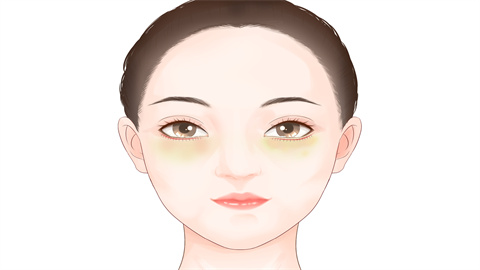The comprehensive eye bag surgery includes several procedures.
Generally, comprehensive eyelid surgery (lower blepharoplasty) includes steps such as fat removal, orbital septum release and repositioning, skin excision, muscle tightening, and suturing. The details are as follows:

1. Fat Removal
Fat removal is one of the fundamental steps in comprehensive eyelid surgery. The surgeon removes excess orbital fat through a surgical incision to improve the appearance of protruding眼袋 (under-eye bags). After the fat is removed, the eyelid area becomes flatter, thereby improving the overall appearance of the eyes.
2. Orbital Septum Release and Repositioning
Simultaneously with fat removal, the surgeon also performs orbital septum release and repositioning. This step helps adjust the eye structure, making the eyes appear more natural and youthful.
3. Skin Excision
For patients with loose or sagging skin, the surgeon may remove a portion of the excess loose skin during the procedure to enhance eyelid tightness and improve skin smoothness.
4. Muscle Tightening
If necessary, the surgeon may tighten the muscles around the lower eyelid to lift and support it, further improving the shape and contour of the eyes.
5. Suturing
The final step of the surgery is wound closure. The surgeon uses fine sutures to close the incisions, ensuring proper healing and minimizing visible scarring. Suturing techniques are usually very precise to ensure a natural appearance after recovery.
Prior to surgery, it is recommended to communicate thoroughly with your doctor to understand the surgical plan, potential risks, and expected outcomes, so as to make a well-informed decision. Additionally, it is advisable to visit a reputable hospital and undergo the procedure under the guidance of qualified and experienced physicians to ensure the safety and reliability of the surgery.




